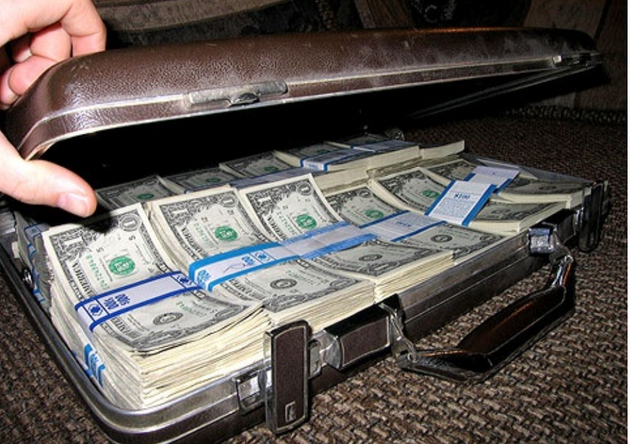Let’s think about this for a bit.
The promise of the blockchain is that it’s immutable, and public, and distributed. Once a transaction is recorded, it’s there, forever. Got it?
OK, think about your life, and how you handle your bills - mortgage or rent, car payment, insurance, power, water, credit cards, etc. So, you have that in your head, right? Pretty good idea how that works, which ones get paid when, etc?
Add to that how you get paid - salary from your employer, fees for consulting, selling cans at the recycling center, whatever.
Now.
Imagine this future in which ALL OF THAT is on the blockchain, forever.
Admittedly, there’s this ambiguation component: the ID of a given wallet is used, and there is in theory no way to tie that to you, individually.
Until there is.
Let’s say that I develop a keen interest in what your financial life looks like. And I want to know your wallet ID. Simple enough: all I need to do is arrange to pay you, or be paid by you, and bingo, I have your ID.
Now all I need to do is walk the blockchain looking for all instances, and I’ll know what you’re doing - where payments are sent, where inbound payments come from. Over a sufficiently long period - call it a year, probably less - of payment history, I can figure it out. That big one, that’s probably your house. The next bigger ones, your car. And utilities and credit card companies - they probably have a public wallet ID published for all inbound payments, so that’s easy.
With a modest amount of work, I can figure it all out. 80% or so will be trivial, the rest will take some work - and require that I am sufficiently interested to pursue it.
Now, if I’m careful and willing to run multiple wallets, and work hard to actively obscure what I’m doing with my money, I can make it harder. But just remember, EVERY transaction is on the chain. EVERY. Each and all, no exceptions.
So even if I have one wallet for inbound and one for outbound payments and one to store coin in while I’m waiting to make payments, all of those addresses are known, and on the chain.
Now, in truth, that’s much the case today. It doesn’t take a great deal of effort - just a great deal of motivation - to completely peel someone’s financial life apart. Competent private investigators can do that for the public; financial investigators in law enforcement do that day in, day out as well. So this is NOT new.
The difference is, to my way of thinking, some random stalker-person is less likely to take interest in doing that to you today because it’s harder, takes effort and skills and in the best cases access to your trash and recycling.
But on the chain? I can do that from anywhere with network access. I don’t need access to your recycling to see your bills, I see it all, all the time.
And here’s the part that of which most people are actually terrified. Let’s say you have a part of your life that’s well, let’s just say not completely public. Buying porn or sex toys, your alcohol consumption, collecting Rick Astley memorabilia, whatever, something you really don’t want other people knowing about.
Today, if you do that on credit card, that you did it is not obvious, and if you paid your credit card bill on the blockchain, that purchase is obscured into the aggregate amount of your monthly bill, along with trips to Starbucks, buying groceries, and whatnot.
However, if in this future all purchases are on the chain….
Yeah.
Makes you long for the good old days where you could just use

ZCash and Monero already allow you to make completely private transactions where only you and the recipient can see the details. Once blockchains can scale to thousands of transactions per second these technologies will allow you to have even stronger privacy than what exists with credit cards and banks.
Downvoting a post can decrease pending rewards and make it less visible. Common reasons:
Submit